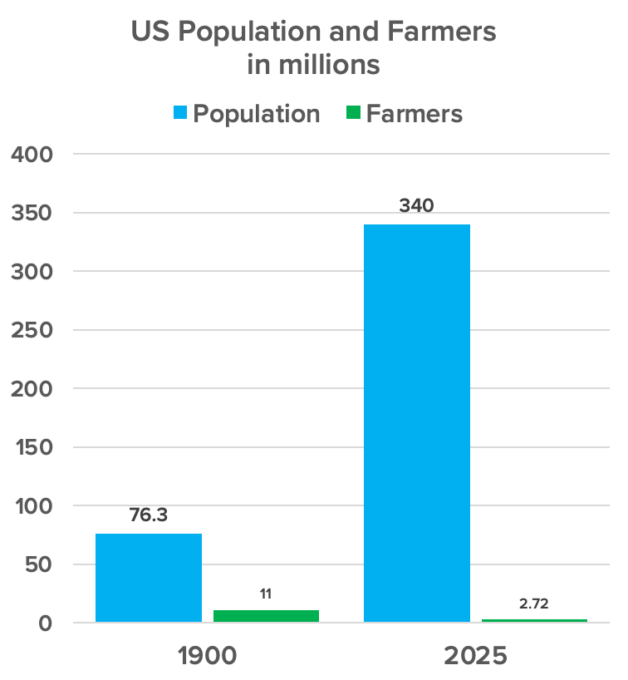
Sign up for our newsletter to receive these emails in your inbox.
The history of Easter Island has long served as an environmental fable.
The popular “ecocide” theory claims that, during their escalating obsession with building the famous Moai statues, the native Rapa Nui people deforested their once-verdant island, creating an ecological crisis that led to population collapse, cannibalism, and a complete reordering of Rapa Nui society.
A new study raises serious doubts about this narrative. After analyzing the remains of 15 ancient islanders, researchers found no evidence of the drop in genetic diversity one would expect after a population collapse. In fact, the genomes suggest Easter Island’s population grew steadily until European contact. According to archaeogeneticists Stephan Schiffels and Kathrin Nägele, “the study concludes that there were never more than 3,000 people living on Rapa Nui — a number close to that observed by the first colonizers and far from a previous estimate of 15,000 inhabitants — implying that the hypothesized collapse was always a fantasy.”
Clearly Easter Island was deforested, but it seems the Rapa Nui adapted to that environmental change and continued to thrive for hundreds of years. Humanity has once again proven to be more resilient than we give ourselves credit for.
Malcolm Cochran, Digital Communications Manager
Economics:
Energy & Environment:
- Good News for Some Threatened Species in Australia
- Gray Wolves Making Historic Comeback in California
- After Water Quality Improves, Sea Turtles in Brazil Get Healthier
- Conservation Success in China’s National Parks
- Whales Are Doing So Well They No Longer Need The International Whaling Commission, Says Former Head
- Solar Power Is Shattering Global Records
- Great Pacific Garbage Patch Could Be Eliminated in 10 Years
- Habitat Restoration Leads to Black Grouse Population Increase
- Fervo Energy Showcases Rapid Scale Up of Enhanced Geothermal
Food & Hunger:
Health & Demographics:
- First 100,000 Doses of Mpox Vaccine Reach DRC
- Researchers Discover Cheap Way to Shorten Children’s Colds
- Youth E-Cigarette Use Drops to Lowest Level in a Decade
- Dr. Chatbot Will See You Now
- Unlikely Candidates Lead Hunt for New Longevity Drugs
Science & Technology:
- Tech Billionaire Pulls off First Private Spacewalk High Above Earth
- OpenAI Releases “Strawberry” Model with Better Reasoning
- Human Drivers Are to Blame for Most Serious Waymo Collisions
- Apple Unveils New iPhones with Built-in Artificial Intelligence
- Audible to Start Generating AI Voice Replicas of Select Narrators
- Roblox Is Launching a Generative AI That Builds 3D Environments
- 750 New Species Recognized in Australia
- Common Food Dye Lets Scientists See through Skin
- Lab-Grown Muscle Launched Into Space for Medical Research
- Google Says It’s Made a Quantum Computing Breakthrough
- United Airlines to Offer Free Wi-Fi Using Starlink from SpaceX
- Uber, Waymo to Expand Autonomous Ride Hailing



